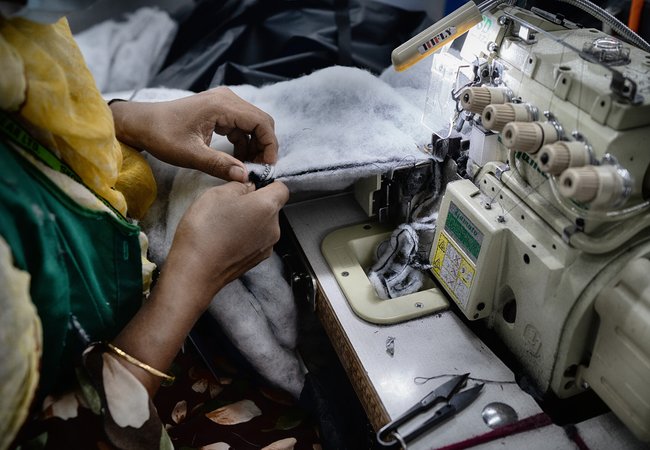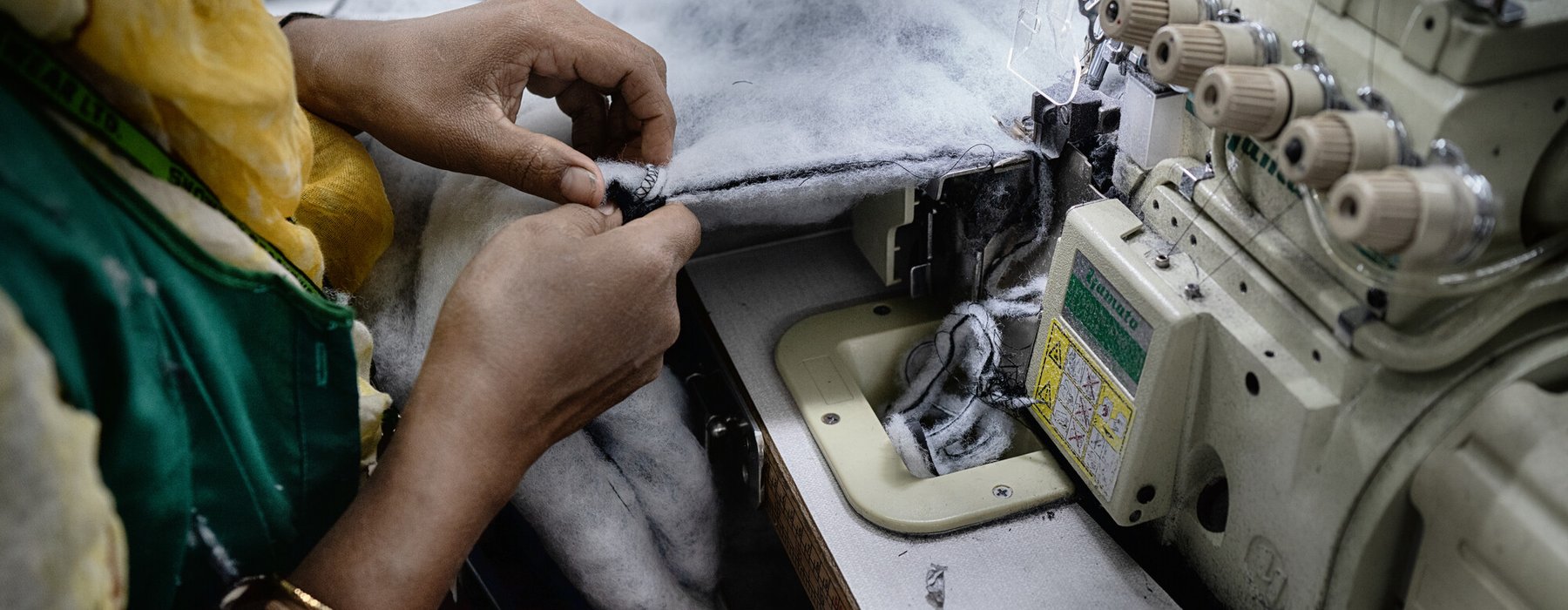Strengthening rightsholder engagement in the textile industry
Global non-profit Textile Exchange understood the importance of meaningful rightsholder engagement. But they needed help embedding this approach across the organisation and bringing colleagues and other stakeholders on the journey.
Engaging meaningfully with rightsholders in the textile sector
Solution: Embedding rightsholder engagement across the organisation
Impact: Supporting teams to implement the approach
“We will continue to draw on the guidance of the Oxfam Business Advisory Service to help build our internal processes, and to ensure that we are inclusively engaging a wide range of stakeholders and rightsholders in upstream supply chain environments, delivering more robust, well-informed support for the industry.”
Siobhan Cullen, Human Rights Strategist, Textile Exchange



